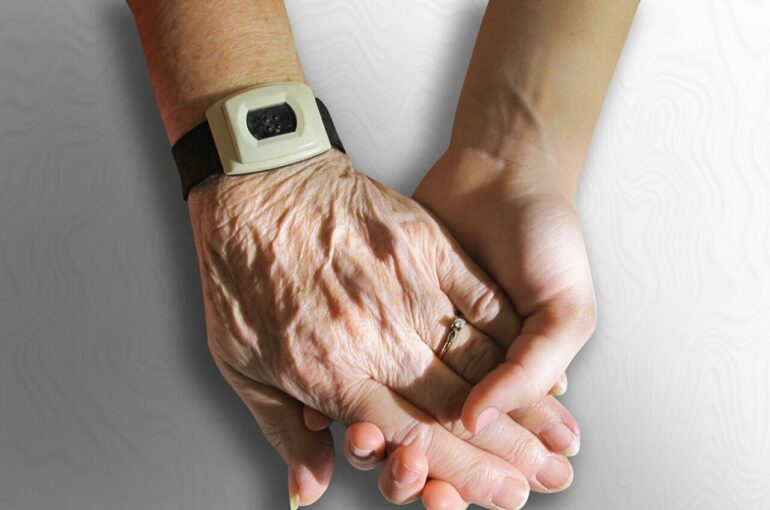People with multiple chronic conditions require complex care management and often experience significant challenges when transitioning from hospital to home. This is especially true for people insured by Medicaid who are disproportionately Black, Indigenous, People of Color (BIPOC) and experience higher chronic disease burdens and adverse outcomes following hospitalization. For them, comprehensive transitional care support is a paramount, yet often absent aspect of care delivery that may result in health inequities.
Now, an innovative clinical pathway developed by clinicians, community partners and researchers, including those at the University of Pennsylvania School of Nursing (Penn Nursing), holds promise to improve health equity and support a growing population experiencing adverse outcomes resulting from complex chronic illness, poverty, and structural inequality.
The THRIVE clinical pathway provides intensive case management, care coordination, continuity of care, and communication across acute and community settings. Participants in the program receive a visit from a home-care nurse within 48 hours of discharge, as well as clinical support from their discharging physicians and social workers. Other clinical care services are provided as warranted, including occupational therapy, physical therapy, and community health worker services.
Early results from the THRIVE clinical pathway show that participants had fewer 30-day ED visits and fewer 30-day readmissions than those not enrolled in the program. This suggests the value of interdisciplinary and community- based collaborations and health care innovations that target health care delivery and system processes. The results of the first year of the intervention have been published in the article “Transitional Care Innovation for Medicaid- Insured Individuals: Early Findings,” set for publication in the journal BMJ Open Quality.
“Our findings of reductions in readmissions and ED utilization are clinically meaningful and may be linked to our intentional focus on addressing the social determinants of health and connecting THRIVE participants to primary and specialty care within the first month post-hospitalization,” says J. Margo Brooks Carthon, Ph.D., RN, FAAN, the Tyson Family Endowed Term Chair for Gerontological Research, Associate Professor of Nursing, Senior Fellow in the Leonard Davis Institute (LDI) of Health Economics, and lead developer of the intervention. “More importantly, through both home-care services and continued clinical oversight by hospital-based physicians, we are able to intensify the clinical services provided in the aftermath of an acute hospitalization while also attending to social needs that are often unaddressed after hospitalization.”
More information:
Heather Brom et al, Transitional Care Innovation for Medicaid- Insured Individuals: Early Findings, BMJ Open Quality (2022). DOI: 10.1136/bmjoq-2021-001798
Provided by
University of Pennsylvania School of Nursing
Citation:
New transitional care clinical pathway improves health equity (2022, August 18)



